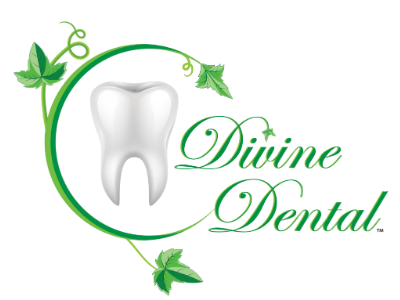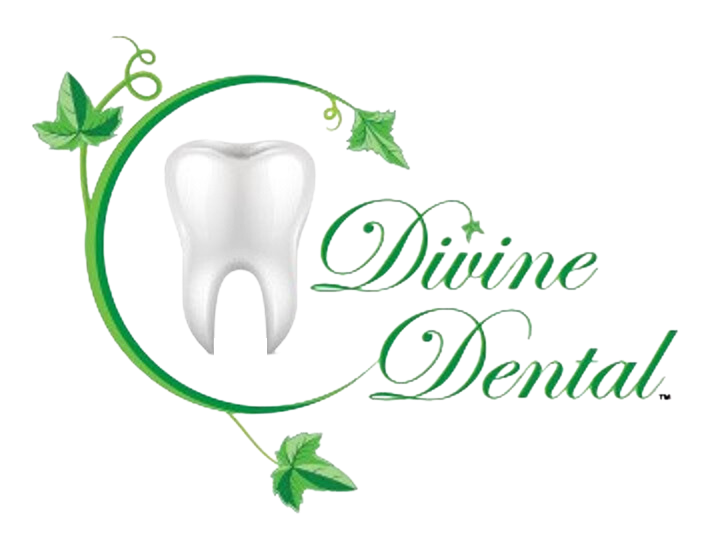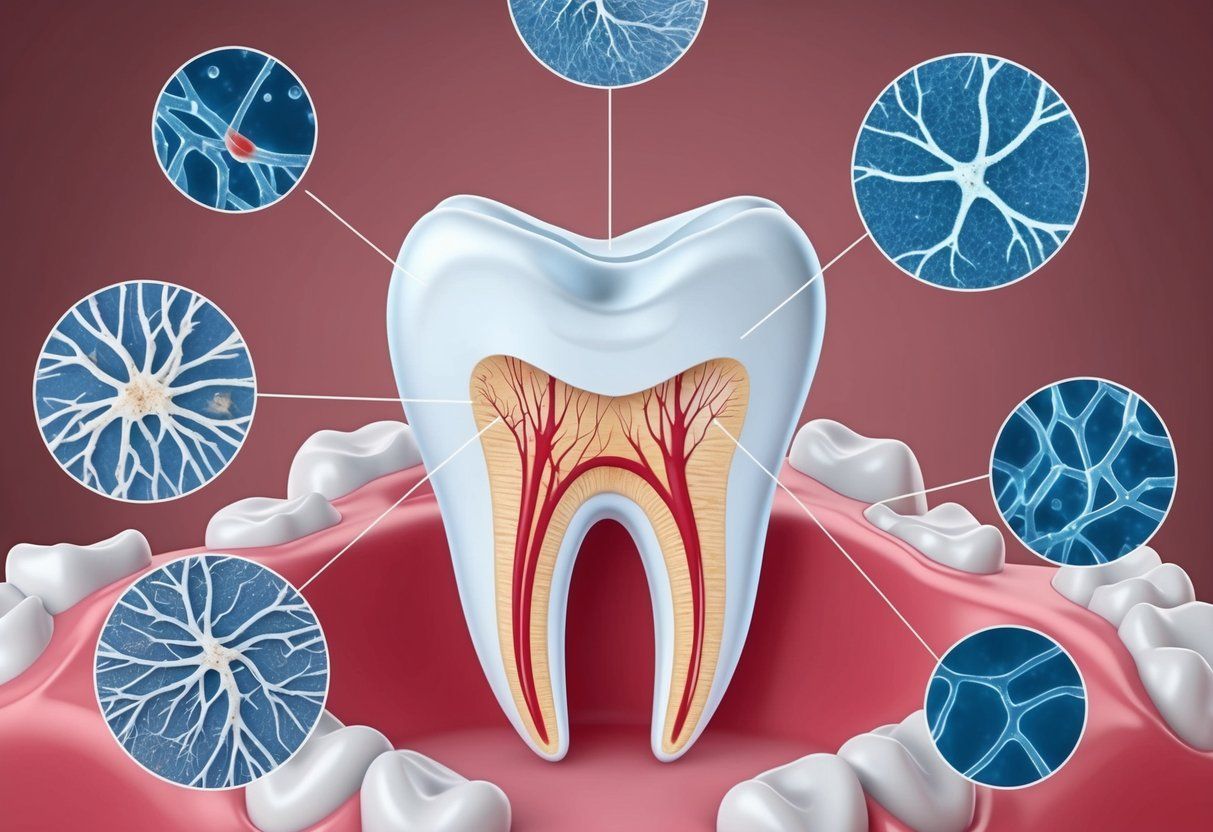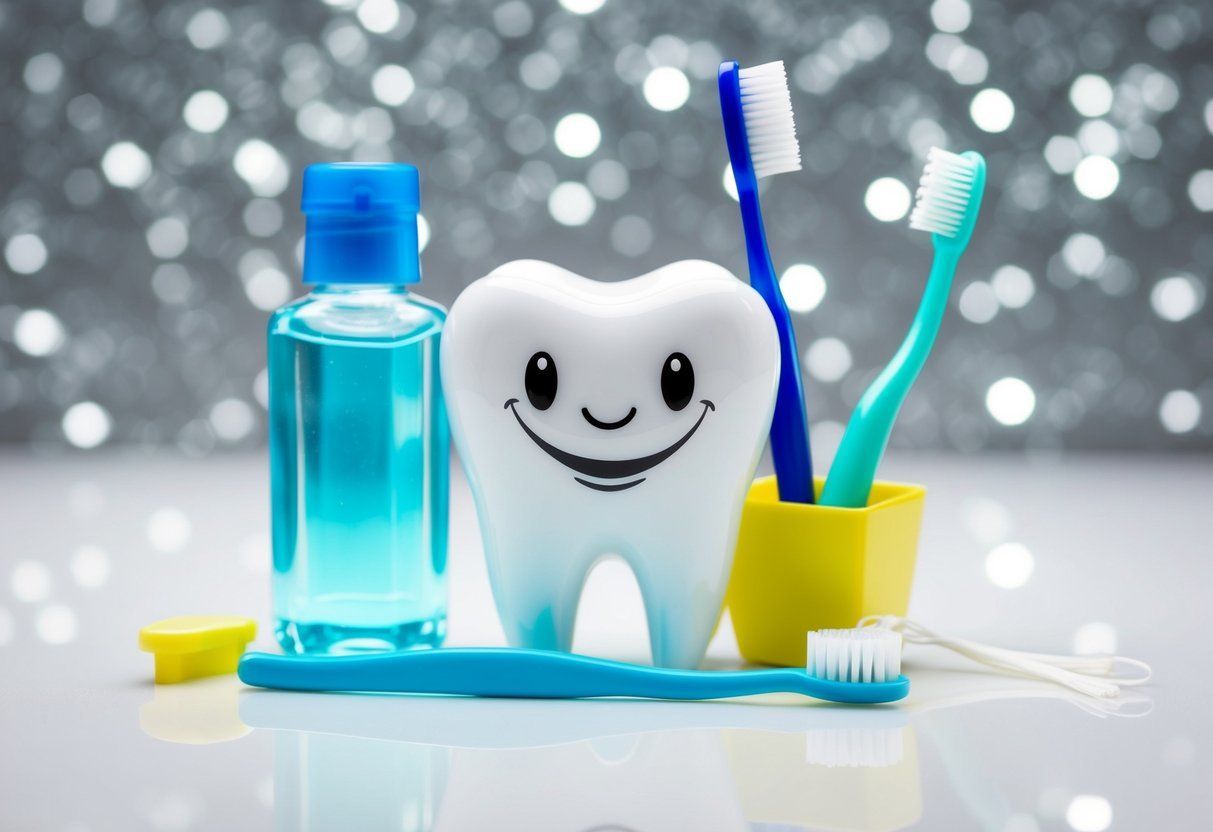Early Detection Matters: Understanding The Importance Of Oral Cancer Screening
Oral cancer is a serious health concern that affects thousands of people each year. However, with early detection, the chances of successful treatment and survival increase significantly. This is where oral cancer screenings play a crucial role.
Regular screenings are vital to identify any signs of cancer that may be present in the oral cavity. Maintaining good oral health and undergoing routine screenings can help detect abnormalities or precancerous lesions at an early stage, allowing for prompt intervention and prevention of the disease progression.
Early detection is key in improving the outcome and reducing the mortality rate associated with oral cancer. By identifying oral cancer in its initial stages, healthcare professionals can initiate the appropriate treatment plan promptly, increasing the chances of a successful outcome.
What is Oral Cancer?
Oral cancer is a type of cancer that affects the mouth and other areas of the oral cavity, such as the lips, tongue, gums, and throat. It can also include cancers that develop in the oropharynx, which is the back part of the throat. Oral cancer can be caused by a variety of factors, including tobacco use, heavy alcohol consumption, and infection with human papillomavirus (HPV). It is important to be aware of the signs and symptoms of oral cancer, such as persistent sores in the mouth, difficulty swallowing or speaking, and changes in the appearance or texture of oral tissues. Regular oral cancer screenings are essential for early detection and play a crucial role in improving the chances of successful treatment and survival.
The Benefits of Early Detection
Early detection of oral cancer plays a crucial role in improving treatment outcomes and increasing survival rates. Regular screenings can help identify abnormal tissue or lesions in the oral cavity, allowing for timely intervention and successful treatment.
One of the primary benefits of early detection is the ability to address oral cancer at its initial stages when treatment is most effective. By identifying the warning signs early on, healthcare professionals can provide appropriate interventions, such as surgery, radiation therapy, or chemotherapy, to increase the chances of a successful outcome.
Regular oral cancer screenings are essential, especially for individuals with risk factors such as a family history of cancer, heavy alcohol consumption, tobacco use, or exposure to human papillomavirus (HPV). These screenings can detect early signs of cancer before symptoms manifest, leading to prompt referral for further diagnostic tests if necessary.
Early detection also allows for less invasive treatment approaches, minimizing the extent of surgical procedures and preserving normal tissue. This not only improves patients' quality of life but also reduces the potential physical and emotional impact associated with more aggressive treatments.
To ensure early detection, it is recommended to incorporate routine oral cancer screenings into your regular dental checkups. During these screenings, your dental professional will conduct a thorough examination of the oral cavity and neck, including the lymph nodes and salivary glands. Additionally, diagnostic tools like toluidine blue can be used to highlight abnormal tissue that may not be visible to the naked eye.
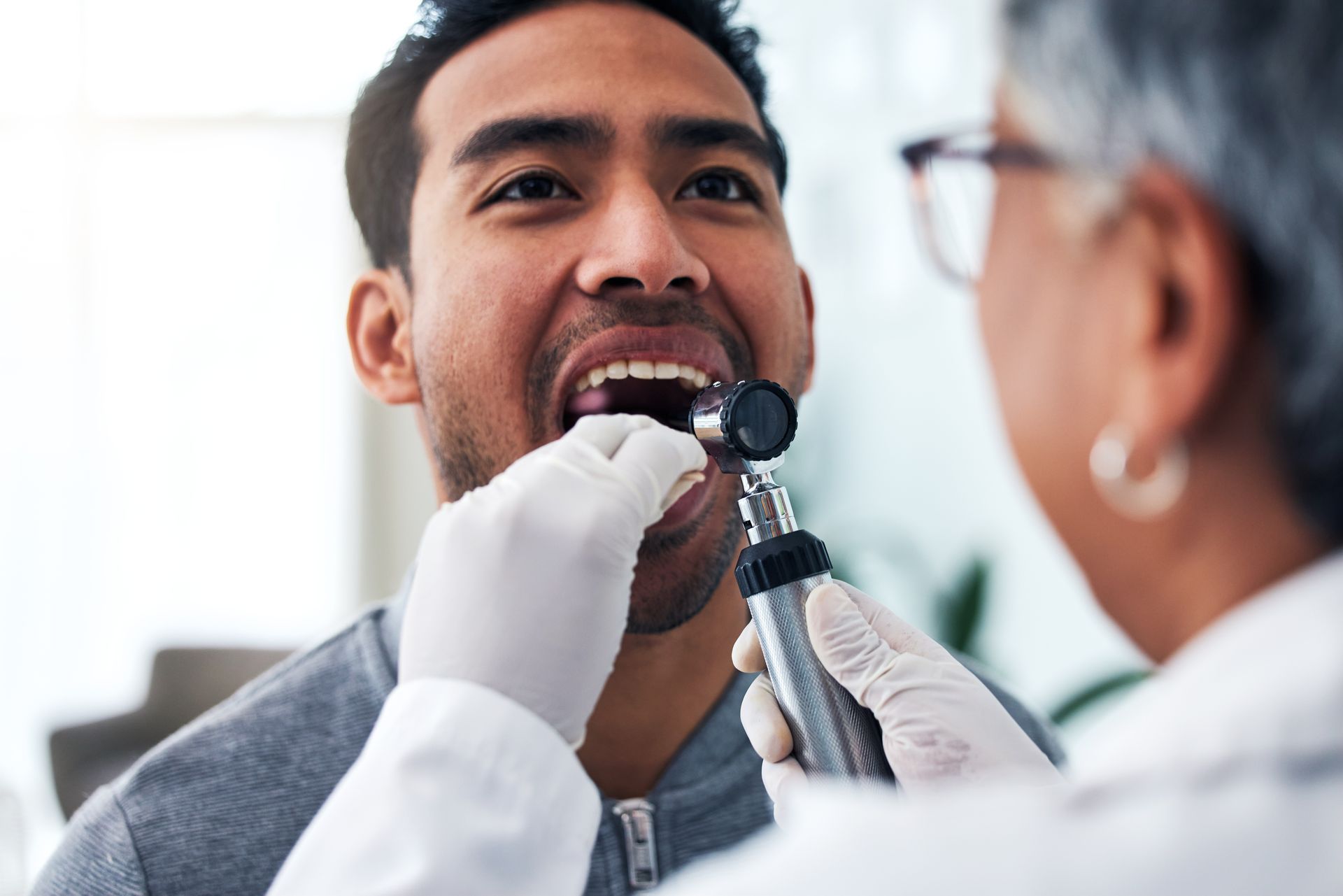
Risk Factors
When assessing an individual's risk for developing oral cancer, it is important to consider various risk factors associated with this disease. These risk factors can increase the likelihood of developing oral cancer and should be taken into account during screenings and assessments.
- Tobacco Use: Tobacco use in any form, including smoking cigarettes, cigars, or pipes, as well as smokeless tobacco (chewing tobacco or snuff), significantly increases the risk of oral cancer. Chemicals in tobacco products can damage cells in the oral cavity, leading to the development of cancerous growths.
- Heavy Alcohol Consumption: Consuming alcohol in excessive amounts significantly raises the risk of oral cancer. Alcohol can cause irritation and damage to the cells in the mouth, making them more susceptible to cancerous changes.
- Human Papillomavirus (HPV) Infection: Certain strains of HPV, particularly HPV-16 and HPV-18, have been linked to an increased risk of developing oral cancer. HPV can be transmitted through oral sex or close contact with an infected person.
- Family History of Cancer: Individuals with a family history of oral cancer or other types of cancer may have an increased risk. Genetic factors can play a role in the development of cancer, and a family history of the disease should be considered when assessing an individual's risk.
Considering these risk factors is crucial for accurately assessing an individual's oral cancer risk. Healthcare professionals can use this information to determine the need for more frequent and comprehensive screenings, as well as to educate individuals on lifestyle modifications that can help reduce their risk. By identifying and addressing these risk factors early on, the chances of detecting oral cancer at an early and treatable stage are greatly improved.
Signs & Symptoms of Oral Cancer
Early detection is crucial in improving the chances of successful treatment for oral cancer. Recognizing the signs and symptoms of oral cancer can help individuals seek timely medical attention, leading to earlier interventions and higher survival rates.
Abnormal Tissue/Lesions in the Mouth or Throat
During an oral cancer screening, healthcare professionals closely examine the mouth and throat for different types of abnormal tissue or lesions. These abnormal tissues or lesions can vary in appearance and characteristics, and understanding them is crucial for early detection and successful treatment.
One common type of abnormal tissue is leukoplakia, which appears as a white or gray patch in the mouth. It can develop into squamous cell carcinomas, the most common form of oral cancer. Erythroplakia, on the other hand, presents as a red, velvety patch in the mouth and has a higher potential to become cancerous compared to leukoplakia.
Another type of abnormal tissue is erythroleukoplakia, which combines features of both leukoplakia and erythroplakia. This condition presents as a mixed red and white patch and is also considered high-risk for developing into oral cancer.
Other lesions that may be identified during an oral cancer screening include papillary lesions, verrucous hyperplasia, and nodules. While not all of these lesions are cancerous, they require further investigation by a dental professional to determine their potential for cancer development.
Changes in Voice or Difficulty Swallowing/Breathing
Changes in voice, difficulty swallowing, and difficulty breathing can be potential symptoms indicating the presence of oral cancer. These symptoms are typically linked to the location and growth of tumors in the oral cavity or throat.
When tumors develop in the oral cavity, such as on the tongue, gums, or the lining of the mouth, they can affect the normal functioning of the vocal cords or the muscles involved in speech production. This can lead to changes in the voice, such as hoarseness or a persistent raspy quality.
Difficulties in swallowing, known as dysphagia, often occur when tumors grow in the throat or the back of the mouth. These tumors can obstruct the passage of food or fluids, making it challenging and uncomfortable to swallow. As a result, individuals may experience pain, discomfort, or a sensation of something stuck in their throat.
Tumors in the oral cavity or throat may also cause difficulty in breathing, particularly if they become large enough to partially or completely block the airway. This can manifest as shortness of breath, wheezing, or a feeling of breathlessness.
It is important to note that these symptoms are not exclusive to oral cancer and can occur due to various other conditions. However, if these symptoms persist or worsen over time, it is crucial to seek medical attention for a proper diagnosis and appropriate treatment.
Chronic Sore Throat or Ear Pain
Chronic sore throat or ear pain can be associated with oral cancer, highlighting the importance of early identification of these symptoms. Individuals with oral cancer may experience persistent pain in the throat or ear due to the presence of tumors in the oral cavity or throat.
The development of tumors in these areas can cause inflammation, irritation, and nerve involvement, leading to chronic discomfort. It is crucial to recognize that chronic sore throat or ear pain is not always indicative of oral cancer, as other conditions can also cause these symptoms. However, if these symptoms persist for an extended period or worsen over time, prompt medical attention is vital for early detection and intervention.
Early diagnosis of oral cancer significantly improves the chances of successful treatment and enhances the overall prognosis. Regular oral cancer screenings by healthcare professionals, along with maintaining good oral hygiene practices and being aware of potential risk factors, are key in identifying any concerning signs or symptoms.

Conclusion
In conclusion, early detection of oral cancer is essential for successful treatment and improved patient outcomes. Oral cancer screening can help detect the disease in its early stages, which can significantly increase survival rates and reduce the risk of complications. By recognizing the signs and symptoms of oral cancer, scheduling regular dental checkups, and undergoing a comprehensive dental exam, individuals can successfully detect and treat this serious condition.
Additionally, individuals should be aware of the risk factors associated with oral cancer and consult a doctor if they experience any concerning symptoms. Early detection is the key to successful treatment, and understanding the importance of oral cancer screening can help individuals take an active role in their own health and well-being.
